Contact - Volunteer - Contribute - (302) 468-6024

|
||||||||||||||||||||||||||
| Bob Weiner News | ||||||||||||||||||||||||||
|
1/15/2017 Jester Farmhouse sits in a 26-acre county park off Grubb Road. Councilman Bob Weiner, who represents the area, envisions the Jester County Park farmhouse being used by students of local schools to learn about the area's agrarian history and as a hub for local walking trails. “It will be an amenity for our residents," Weiner said. Brandywine Hundred historic home to become art spaceXerxes Wilson , The News Journal Jan. 15, 2017 Signing of lease clears way for renovation of pre-Civil War building 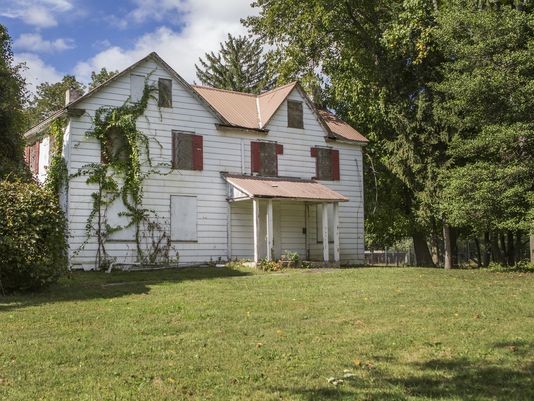 A plan to transform a dilapidated, pre-Civil War farmhouse in Brandywine Hundred into a center for community arts is moving forward. New Castle County and Jester Artspace, Inc. have agreed to a 20-year lease for the nonprofit, upstart group to occupy Jester Farmhouse, which sits in a 26-acre county park off Grubb Road. In the lease, the county agrees to major repairs on the building as it is converted into a space for art lessons, workshops and exhibitions as well as a center for other arts-focused social events. "We are just really grateful," said Alan Baseden, who founded Jester Artspace and grew up a five-minute drive from the house. "Now that we have a lease, it is not pie in the sky ... Things are going to be put into motion." Baseden, an interactive designer by trade, founded the organization last year with the sole purpose of focusing on this project. The nonprofit's officers include Susan Benarcik, a Wilmington-based installation artist and surface designer that co-founded the Highland Arts Garage education venue in the city, and Bellefonte resident Kirsten Olson, who is the chief strategy officer for the statewide, social-service nonprofit Children and Families First. Baseden's father, Tod, is also an officer. The elder Baseden is a retired DuPont Co. chemist and was a public voice against a failed 2004 proposal to demolish the Jester Farmhouse to make way for sports fields. The structure, built sometime before 1850, sits on a bucolic slice of parkland grazed by dairy cows in the middle of Brandywine Hundred's dense neighborhoods. The county purchased the property in 1970 for open space. Today, the farmhouse has been largely unoccupied for decades and needs major repairs to its foundation, framing, roof and utilities to be code complaint. 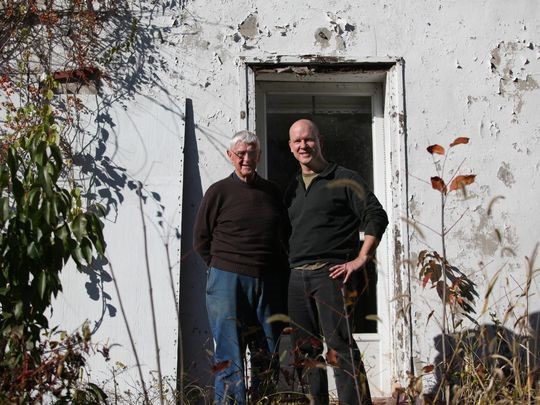 "The county wants to get this to a safe starting point for us to get in with our people and take over work," Baseden said. The county will complete major repairs, estimated to cost a minimum of $300,000. This work will take place through this year according to a timeline attached to the lease. The cost may go higher as the estimates to finish other aspects were ongoing when the lease was signed. Baseden said the parties haven't decided the full extent of what the county will pay for. Baseden said the cost of the project increased as more was discovered about the condition of the home. The administration of former County Executive Thomas P. Gordon has been in discussions with the group since 2015 and signing the lease was one of Gordon's last acts before the end of his third term. "Tom Gordon was keen on giving us a lot of support," Baseden said. Once the building can be occupied, the Artspace organization will transform the interior into a handicap-accessible creative space for classes and exhibitions. The lease also contemplates the organization designing and building an addition to the house for workshops and storage space after five years. Jester Artspace plans to fund renovation work and regular upkeep of the structure through fundraising and so-called sweat equity. The organization has been taking donations through its website and Facebook page. Baseden said the total cost of the project is expected to reach $600,000 including the county's repairs. "We are still going to have a lot of work to do," Baseden said. "We are going to be reaching out to the community. We have gotten a lot of support and we are going to need a lot more." The agreement to occupy the property is similar to a county program that awards a no-rent lease of publicly-owned historic homes to individuals who agree to put tens-of-thousands of dollars into the upkeep and renovation of the structures. These curators must also make the property available for public use at different times. 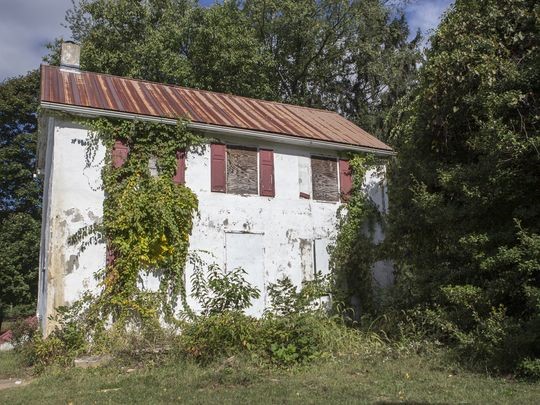 That will be the case for the Jester Farmhouse. The organization envisions having a membership system as well as events and services open to the public. They want it to be a center for critique, instruction and social events for the artists in northern Delaware and nearby residents. By year five, they hope to serve 2,600 workshop and class spaces annually. They also want it to be a collaborative space for projects that touch on topics like local history and ecology and plan to use the property's green space for things like a sculpture garden as well as performance art. The group envisions serving traditional arts like painting and sculpture as well as digital art, animation and visual storytelling. "We are preserving this so we can repurpose it, give it a new life to serve the arts in Brandywine Hundred and give the arts a hub," Baseden said. Councilman Bob Weiner, who represents the area, envisions the farmhouse being used by students of local schools to learn about the area's agrarian history and as a hub for local walking trails. 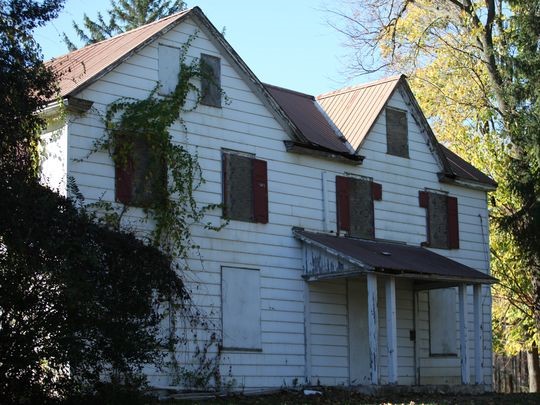 "It will be an amenity for our residents," Weiner said. County Executive Matt Meyer said he looks forward to helping the project. "I think it is a cool project and we will continue to do what we can to support it," Meyer said. 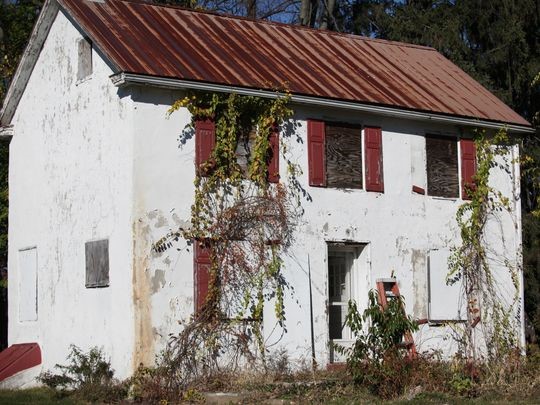 Have news? Please contact me! |
Give Bob a "like" on Facebook: |
|||||||||||||||||||||||||
|
||||||||||||||||||||||||||
|
||||||||||||||||||||||||||
Paid for by Friends of Bob Weiner - www.BobWeiner.com - (302) 468-6024 - Volunteer - Contribute |
 Subscribe to RSS feed
Subscribe to RSS feed